
OR

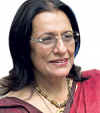
Dr Poonam Khetrapal Singh
The author is the World Health Organization Regional Director for South-East Asianews@myrepublica.com
The novel coronavirus threatens the health of the Region’s near two billion people. Political and social solidarity are among our most formidable weapons
The approach of the WHO South-East Asia Region to health security is guided by a simple yet powerful logic: When we work together we are protected together. Never has this been more important. The outbreak of COVID-19 is a Public Health Emergency of International Concern, and provides significant challenges to countries in the Region. We must stand together and work as one to face the outbreak down.
The Region’s Member States are leading from the front. In recent weeks both India and Thailand have tested laboratory samples from neighboring countries. Ensuring all COVID-19 cases are detected early is critical to achieving the Region’s number one priority: preventing and controlling local transmission. Across the Region, the International Health Regulations (IHR) are guiding action and promoting cooperation and transparency, including through the Regional IHR knowledge network. Countries must continue to report and share information on suspected cases early and provide detailed reports on confirmed cases.
Solidarity must define our onward battle. The benefits are many.
First, by working together countries promote efficiency. Each country in the Region has different strengths and faces different risks. By continuing to share knowledge and resources, countries will build surge capacity—a crucial asset that will help them prepare for all possibilities, including community transmission. The latest information suggests that the virus may be more transmissible than early data suggested. All countries must strengthen their readiness to respond.
Second, by working together countries promote trust. Trust between countries allows national decision makers to be confident that the public health measures they take are based on sound information, reflect ground realities and anticipate emerging trends. Measures that are unnecessary can spread panic and fear. Measures that are inadequate can spread virus and disease. As the outbreak unfolds, it is imperative that countries adapt and sequence their actions to protect the most vulnerable first. They must allocate resources accordingly.
Third, by working together countries promote knowledge. Detailed case reporting will help us all learn more about COVID-19 and how it can be prevented and treated. Earlier this month, WHO gathered 400 of the world’s leading experts for discussions on top research and innovation priorities. Based on those discussions, WHO is developing a research and innovation roadmap that will help scientists and donors across the world strengthen our medical armory.
We must all look out for one another. An important way to do that is by accessing and sharing high-quality information that empowers our friends, families, colleagues and communities to stay healthy. Regular hand-washing, coughing or sneezing into one’s elbow, avoiding close contact with people with flu-like symptoms, and thoroughly cooking meat and eggs are all highly recommended for day-to-day protection against a range of germs.
If you’re travelling, an alcohol-based hand rub will help keep your hands clean. Limiting contact between your hands and eyes, nose and mouth will reduce transmission pathways. Avoiding close contact with people suffering from a fever or cough is always a good idea, as is informing crew if you become sick.
Community concerns related to COVID-19 are understandable. There is much that we do not yet know but which we are working to find out. As we learn more, WHO will continue to provide Member States and the public high-quality information through regular situation reports and our social media accounts. I encourage you to access them regularly, in addition to the advice of your national health authority.
We must be very clear: False rumors and misinformation can facilitate transmission and cost lives. They are our common enemy. WHO is working with Member States and partners Region-wide to bust myths, promote knowledge and empower communities. As we continue to tackle the outbreak, I urge all people in the South-East Asia Region to adopt what has become a rallying point across the world: facts, not fear; rationality, not rumors; solidarity, not stigma.
WHO is committed to ensuring solidarity and cooperation continue to be among the Region’s key weapons in the battle against COVID-19. For many years these values have been built into the Region’s health security architecture, from the South-East Asia Regional Health Emergency Fund to the Delhi Declaration on Emergency Preparedness and Response. Though COVID-19 may very well test that architecture, its foundations are solid, and must now meet the task at hand. Together we must fight. Together we must win.
The author is the World Health Organization Regional Director for South-East Asia
You May Like This
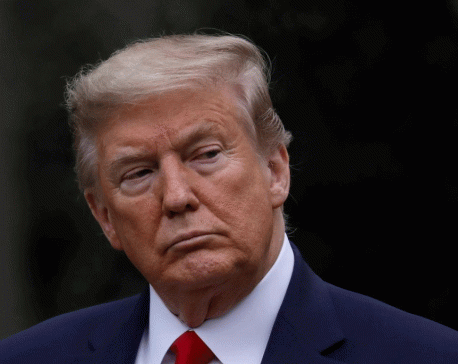
WHO regrets Trump funding halt as global coronavirus cases top 2 million
GENEVA/WASHINGTON, April 16: The head of the World Health Organization (WHO) said on Wednesday he regrets U.S. President Donald Trump’s... Read More...
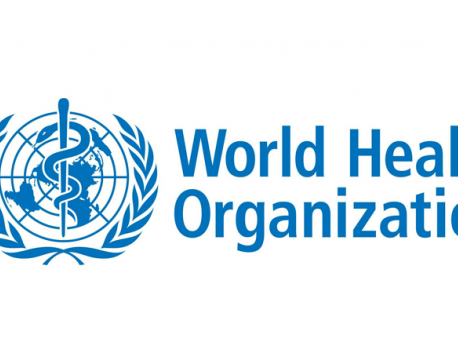
WHO emphasizes on agile response capacities, as South-East Asia Region confirms more COVID-19 cases
KATHMANDU, March 4: With India, Indonesia and Thailand confirming new cases of COVID-19, World Health Organization on Wednesday asked countries in... Read More...

Govt suspends on-arrival visa facility for five nationalities
KATHMANDU, March 3: Amidst fear of the coronavirus (COVID-19) outbreak in Nepal, the government is taking precautionary measures to prevent... Read More...



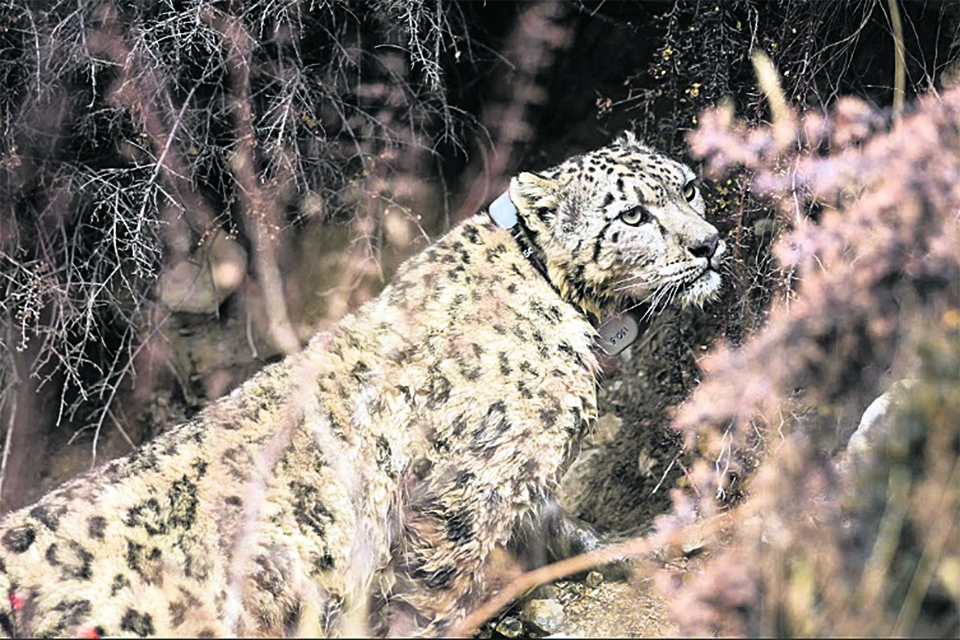
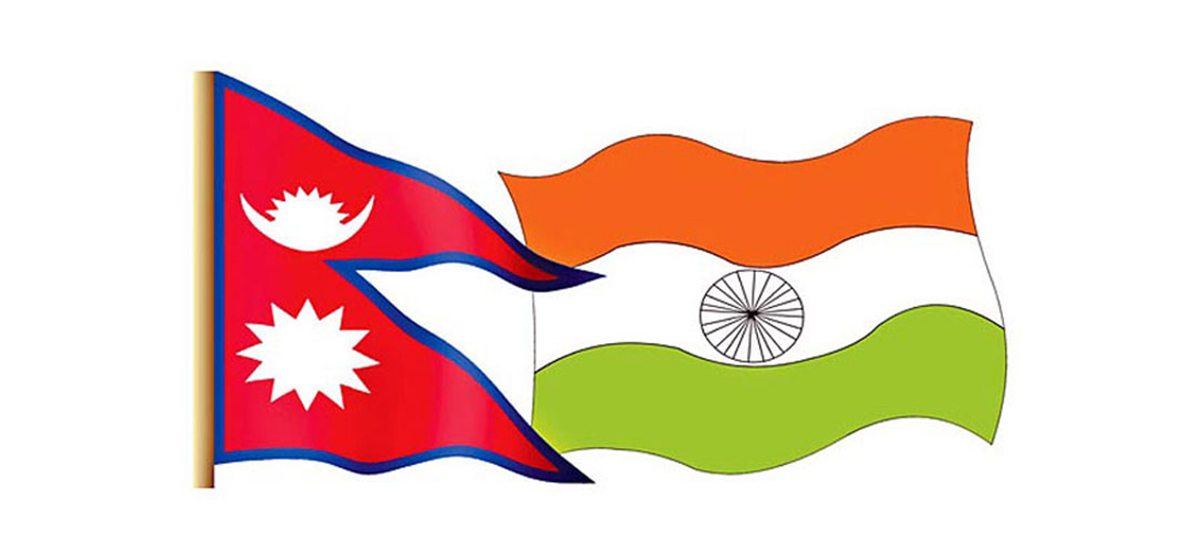
Just In
- 120 snow leopards found in Dolpa, survey result reveals
- India funds a school building construction in Darchula
- Exploring opportunities and Challenges of Increasing Online Transactions in Nepal
- Lack of investment-friendly laws raises concerns as Investment Summit approaches
- 550,000 people acquire work permits till April of current fiscal year
- Fixing a win by outlawing dissent damages democracy
- MoHP cautions docs working in govt hospitals not to work in private ones
- Over 400,000 tourists visited Mustang by road last year








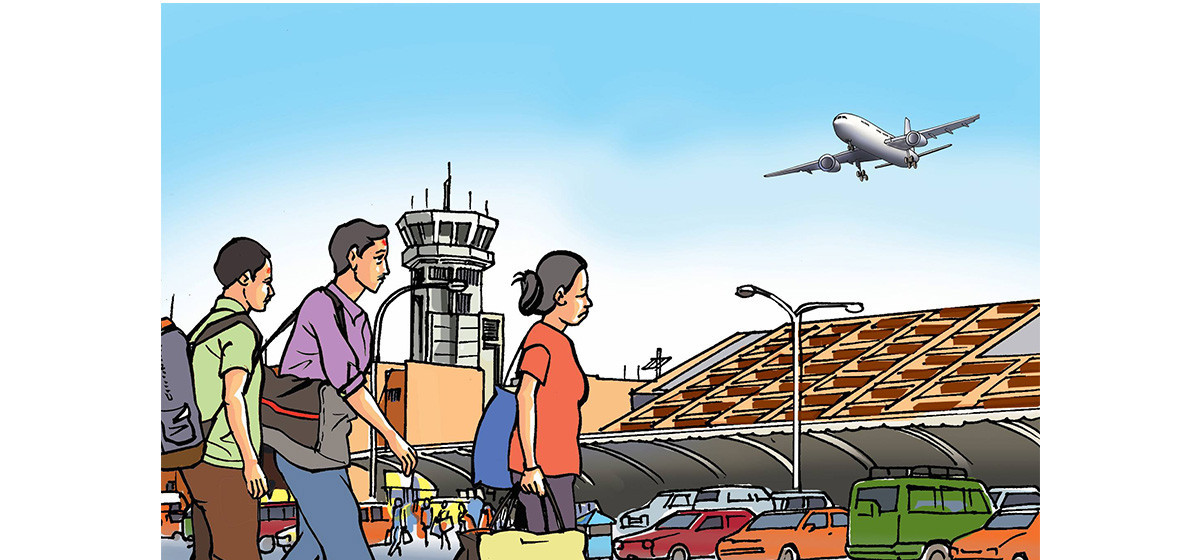

_20220508065243.jpg)

Leave A Comment